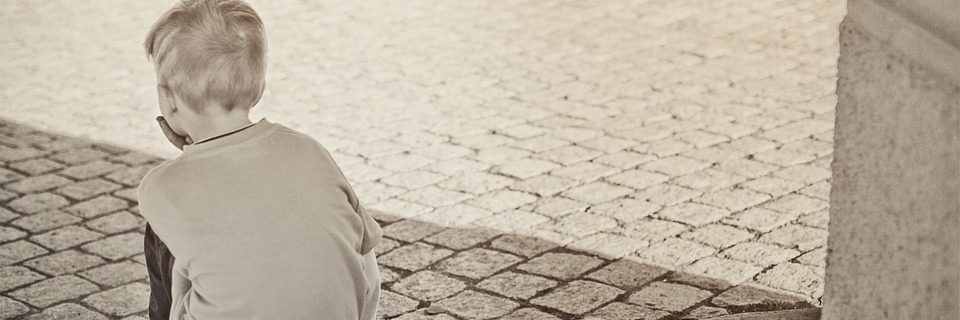Our response to Police Scotland concerns in relation to their powers under the Age of Criminal Responsibility (Scotland) Bill with regards to a Place of Safety, and their request for additional powers to used for children under age 12.
In Scotland, children aged eight or older can be charged with a criminal offence. This falls far short of internationally agreed United Nations Convention of the Rights of the Child guidelines that the minimum tolerable standard for countries across the world should be age 14. Today Stage 3 of the Age of Criminal Responsibility (Scotland) Bill is due to be debated in Parliament, the culmination of years of work to attempt to bring Scotland closer to this minimum standard, by raising the age of criminal responsibility to age 12. This still falls short of our international obligations, and our ambitions to make Scotland the best place in the world to grow up. However, it does represent significant progress compared to where we were a decade ago.
As a centre dedicated to making improvements in youth justice, we are disappointed to hear that Police Scotland have raised concerns in relation to their powers under the Bill with regards to a Place of Safety and have requested additional powers to be used for young children under age 12. These concerns are completely unfounded as, if the police assess that there is a risk, or a need to intervene to return a child home or to a place of safety that is not their home, current legislation within the Children Hearing (Scotland) Act 2011 allows this to happen, and a referral to the children’s reporter can be made if there are concerns about welfare or behaviour which would have been deemed an offence if displayed by a child who is over the age of criminal responsibility.
“But children know right from wrong” is a common refrain heard when discussing the age of criminal responsibility. We need to remember that we are talking about primary school age children here – children whose brains won’t fully develop until their mid-20s. As a centre firmly based in evidence and best practice we know that children do not fully understand the implications and consequences of their behaviour even if they do understand the basics of ‘right’ and ‘wrong’ in very black and white terms. People, let alone children, do not always behave rationally or logically, especially when typical pressures such as peer pressure or boredom are thrown into the mix.
These are children, regardless of whether their behaviour is simply a nuisance, or harmful to others. Even if children do know what is right and wrong, or have committed serious harm, we have a duty as a society first and foremost to remain tolerant and compassionate and to respond in an evidence-based way that we know will be more effective in making sure that these behaviours do not happen again and our society is safer as a result.
Research suggests that bringing children into contact with the justice system and the long term ramifications of having a criminal record in childhood can restrict people’s life chances. Of course, we should be working with children and families to address behaviour or meet their needs, but if we want our society to be safer, and our children to grow up into responsible adults, we need to let them be children first.
As Stage 3 of the Bill is debated today, we call on our colleagues and politicians who work hard to make our country fair and safe for all, to be brave, to follow the evidence and to genuinely work together to make Scotland the best place in the world to grow up.

